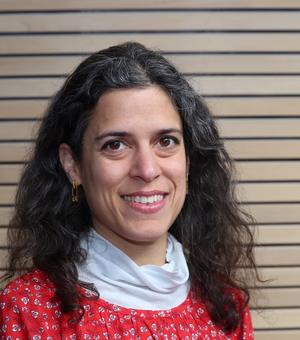Professor Devyani Sharma
My research examines how languages, dialects, and accents vary, and what that can tell us about the social systems we live in, individual psychology, even history. This includes the study of sociolinguistics, style variation, migration, bilingualism, new varieties of English, phonetics, syntax, and typology.
Dialect and speech style My current ESRC project Generations of London English looks at real-time change in the English of Londoners, across generations and individual lifespans, from young children to older adults. In much of my work I investigate why individuals develop and use a particular range of speaking styles, particularly in situations of social contact, bilingualism, and migration. I suggest that an examination of accent repertoires and style-shifting can elucidate not just questions of social identity, but also individual cognition and societal structure.
Accent bias Our ESRC project Accent Bias in Britain (Erez Levon, PI) examined multiple dimensions of attitudes to accents in the UK today. This includes new nationwide studies of attitudes to accents and whether unconscious accent bias interferes with recruiters' ability to discern competence in the elite profession of law. This work led to a report for the Sutton Trust and extensive corporate and government engagement. In other work, I examine shifting prestige of global varieties of English.
Diaspora My ESRC project Dialect Development and Style in a Diasporic Community examined language change over generations. This ranged from large-scale, gendered changes in speech over generations, to micro-interactional dynamics in the use of accent features. I was also co-investigator on a project on cultural variation in thinking styles, over generations of British Bangladeshi and white British populations in East London (Why do people from different cultures think differently?, Alex Mesoudi PI).
World Englishes I am also interested in linguistic, cognitive, and social factors in how and why global Englishes vary and change, with a focus on syntax in bilingual speech and cross-dialectal comparisons. This has included comparisons of Singapore English, Indian English, African American English, L2 Englishes, and Creole languages.
Typology and computational linguistics This interest extends to formal models of grammatical typology and variation in English dialects, bilingual grammars, and case and agreement in Indo-Aryan languages. And includes collaborative work with computational linguists at Google Research on improving NLP for dialect variation in under-resourced language varieties.
Public engagement I co-developed the Accent Bias Britain online resource, co-authored a Sutton Trust report on accent and social mobility, and lead these professional training activities. I have also developed an online resource, Teach Real English!, for use by A-Level English Language teachers and students, and co-founded the public engagement initiative Multilingual Capital. I engage with the media regularly, for example in Amol Rajan's documentary How to Crack the Class Ceiling, Michael Rosen's Word of Mouth, BBC's One Show, Woman's Hour, and many radio programmes.
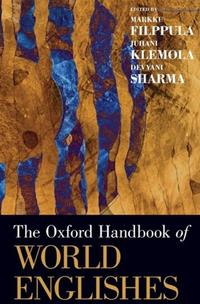
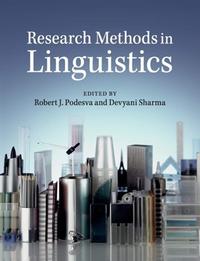
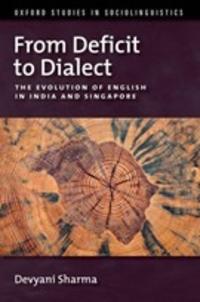
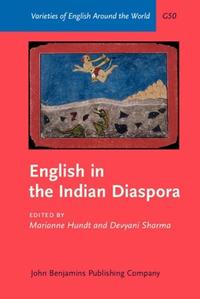
Recent books and journal issues:
- From Deficit to Dialect: The Evolution of English in India and Singapore (Oxford University Press, 2023).
- The Oxford Handbook of World Englishes (Oxford University Press, 2017; with M. Filppula and J. Klemola)
- Interaction: Talk and Beyond (Theme Series, Journal of Sociolinguistics, 2016-17)
- Labov and Sociolinguistics: Fifty years of language in social context (Theme Issue, Journal of Sociolinguistics, 2016; with Allan Bell and David Britain)
- English in the Indian Diaspora (Benjamins, 2014; with Marianne Hundt)
- Research Methods in Linguistics (Cambridge University Press, 2013; with Rob Podesva)
Sociolinguistics, accents and dialects, language contact and change, World Englishes, social interaction, migration and diaspora, perception and attitudes
- Fellow of the British Academy
- Worcester College website
- Co-affiliated with Linguistics, Philology, and Phonetics
- Generations of London English: An online resource on London English, past and present
- Accent Bias Britain: An online information and training resource on accent-based discrimination
- Teach Real English!: An online resource for A-Level English Language teachers and students


